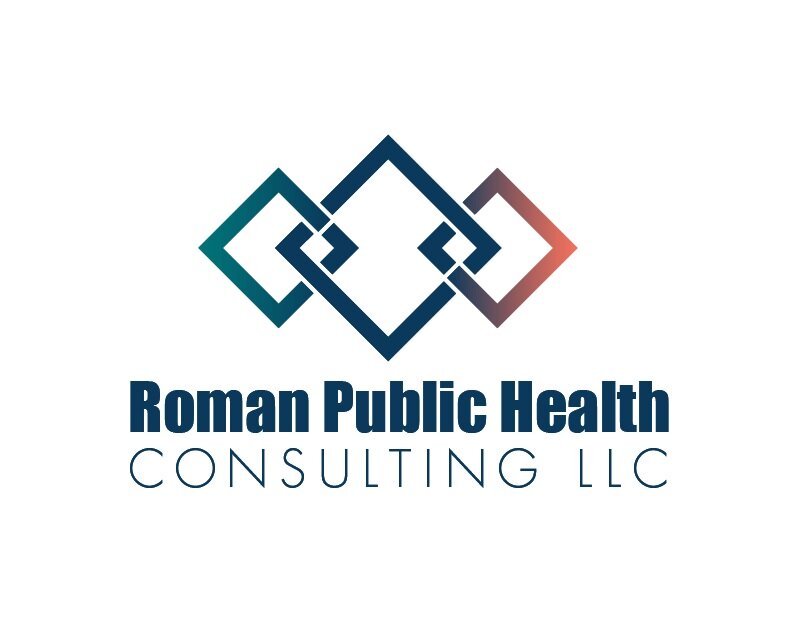Public Health Consulting: The Power of Niching Down
For the first 5+ years of my consulting business, I was a “generalist”. Meaning I took on all different types of projects for different types of clients. I listed ALL the services on my original website. If you read my very first blog post “An Accidental Public Health Consultant”, this should come as no surprise. I fell into consulting long-term without much of a strategic plan.
Here is a small sample of the projects I worked on in the first few years of business:
(1) Led the development of a strategic plan.
Client: small local nonprofit
Topic focus: occupational health
(2) Led focus groups (and conducted coding/analysis)
Client: local University
Topic focus: educational assessment
(3) Hired as a subcontractor to support development of local city’s Community Health Improvement Plan.
Client: local school of public health
Topic focus: needs assessment/various public health topics
(4) Served as a subject matter expert to review online high school level health course
Client: education and curriculum consulting firm
Topic focus: health careers
(5) Served as a writer to capture stories of effective prevention and collaboration among client’s grantees
Client: large global nonprofit
Topic focus: substance use
(6) Served as a grant writer
Client: small local nonprofit
Topic focus: school health
All over the place right?! Both the clients and topics varied greatly in my early projects. Why did I do it? I thought more services = bigger audience = more clients. I didn’t want to turn people away. And of course, I didn’t want to miss out on potential income.
But what I found is that I felt like a “jack of all trades, master of nothing.” It is hard to be an expert in everything and I felt that challenge each time I was hired for a project using skills that were a little “rusty.”
So over the past 1-2 years, I read more and listened to more podcasts about the benefits of “niching down”, of becoming a specialist. For example, you can check out these examples from the Biz Chix podcast and Pat Flynn.
One podcast I heard used the following example and it really spoke to me:
If you’ve ever hired a photographer for your wedding, then you’ve probably visited tons of potential photographer websites. There are photographers who do everything- they have portfolios for weddings, families, real estate, senior pictures, etc. But they usually have just a few examples in each category.
On the flip side, there are photographers who only specialize in weddings. Their deep portfolio focuses on just that and you can see they have experience in big or small venues, varied cultural/religious ceremonies, good or bad weather, challenging lighting, destination or local spots, etc. You can see this photographer 100% specializes in what you need. You feel confident that they can handle just about anything that a wedding can throw at them. So you book them. You want an expert.
It’s the same for consulting. If someone is hiring a grant writer for a high stakes grant, they will be more impressed by the writer who writes 20+ per year with a high success rate vs. the writer who does this (among other things) and writes just 1-2 grants per year.
Inspired by my research (and my desire to leave the “jack of all trades” life), I niched down in 2019.
(1) I started focusing on providing support and resources to aspiring and current public health consultants through my networking group, online course, and mastermind groups.
(2) In 2020, I will also be narrowing my focus for client projects. Over the past few years, I learned that my favorite projects involved serving as a subject matter expert and/or certified health education specialist (CHES) reviewer to support the development or revision of courses (online or in person) for public health students and professionals.
I think there are several benefits to this new niched down approach:
(1) It is easier to refer work to me. My services and ideal clients are clearly defined, so colleagues and other referral sources know exactly who they should send my way.
(2) It is easier for me to develop marketing materials. Since my ideal client isn’t “everyone”, my marketing messages to them are more specific and targeted.
(3) It is easier for me to identify valuable professional development opportunities. Since I’m not trying to be an expert in everything, I can focus on staying up to date only in my niche- which is more effective from both a time and budget perspective.
Note: this post in no way claims that you cannot be successful as a “generalist”- I did it for many years! And having more general services can be beneficial to brand new consultants and/or public health professionals who aren’t sure about the type of projects/topics they are most interested in. BUT: if you are more experienced, are an expert in particular skills/topics, and/or see a problem to be solved for your ideal client- go for it and niche down!
Tell me what you think:
(1) Aspiring consultants: have you thought about niching down? What are your hesitations?
(2) Current consultants: are you a specialist or a generalist? What do you see as the pros/cons from your experience?

